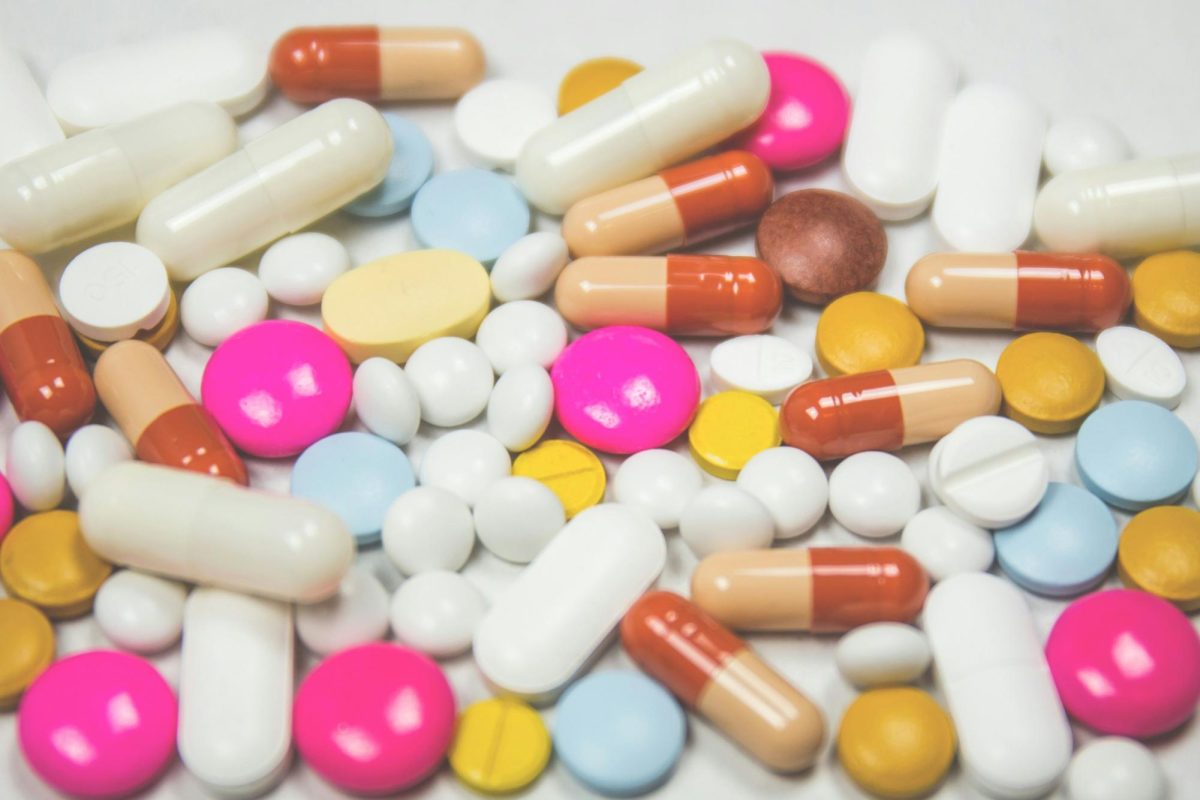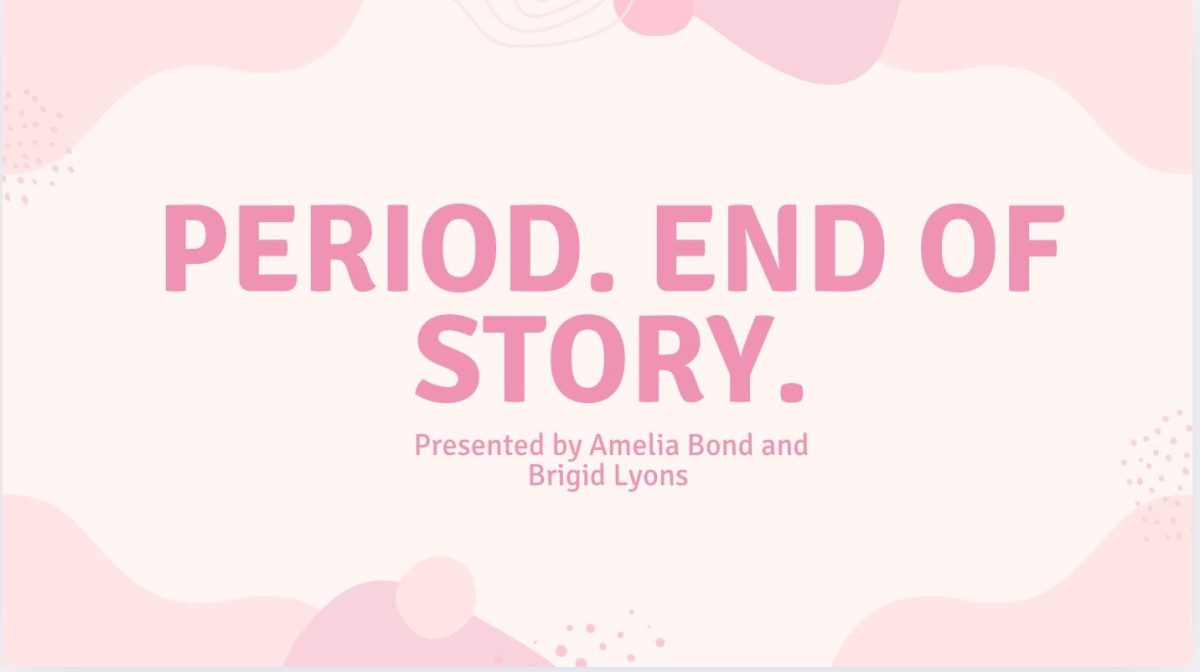Many families struggle with and are separated by the stigma around drug addiction every year, especially the judgment of mothers addicted to opioids. Opioids are drugs prescribed to patients as painkillers, although they tend to become an addiction, usually leading to the use of other harmful drugs. If a mother becomes addicted to opioids, she risks losing her children, struggling with finding help for recovery and battling the societal norms associated with motherhood.
While mothers are respected by many, they are also put into a strict set of rules that determine whether or not they are a “good mom.” When one steps outside of these rules by doing something like using opioids, it causes stress and conflict for the mother and family. This stress can come from within the family, or from external pressure. The National Library of Medicine stated, “A mother who adheres to the norms of this role is respected, valued, and accepted in the community. Conversely, mothers who break the strict guidelines for acceptable behavior in this role are often ostracized by others, weakening bonds to the community” (“Stories of Loss: Separation of Children and Mothers Who Use Opioids”). While most drug addicts are looked down upon, these norms cause people to be exceptionally hard on mothers with drug addictions, making the family’s struggles even more extreme.
Many factors lead a mother to being defined as a drug addict, and most are due to external influences. The most common causes include being born into a family or area that already has these struggles, having been physically or mentally abused, peer pressure, or resorting to unhealthy coping mechanisms to deal with stress. Once these factors come into play, they immediately lead you into a rabbit hole that is extremely hard to escape by yourself.
If a mother reaches for help by reporting her drug addiction, she risks losing her child to child protective services. Some may say that children are taken away for a good reason and that mothers with drug addictions are unable to provide a safe household for their kids. While parental drug use does affect the condition children grow up in, those taken into the foster care system can face mental and emotional hardships that follow them into their adult lives. Taking this into consideration, the mother now has to worry about the damage to her child’s health by the foster care system, as well as possibly never being reunited with them. The fear of losing her child leads the mother to the alternative option; staying quiet about her addiction, continuing to struggle until it becomes too intense to ignore. This leads to more addicts who are stubborn to ask for help with recovery, causing the cycle to repeat.
This lack of resources causes more damage to the children that continues to escalate. The amount of children in the foster care system due to these situations has increased. According to the Rockefeller Institute of Government, between 1998 and 2016 there was a rise of 14 percent to 34 percent in children taken due to parental substance abuse, and it continues to rise.
So how can you help? Even something as simple as spreading awareness about the topic on social media can change how people think about mothers struggling with addiction. Or, donating money to the organization Mothers Against Addiction, to directly help the cause and support an organization helping mothers fight their addictions instead of taking away their families. Mothers Against Addiction works to help families with addiction, providing them with information, resources, and other forms of support. This non-profit organization has raised 629 million dollars and helped 13 million people recover from their addictions, heal their lives, and rebuild relationships. This organization provides you with a way to help these families fight addiction, a cause proven to be worthy of your support.
https://unsplash.com/photos/assorted-medication-tables-and-capsules-nss2eRzQwgw?utm_content=creditShareLink&utm_medium=referral&utm_source=unsplash










